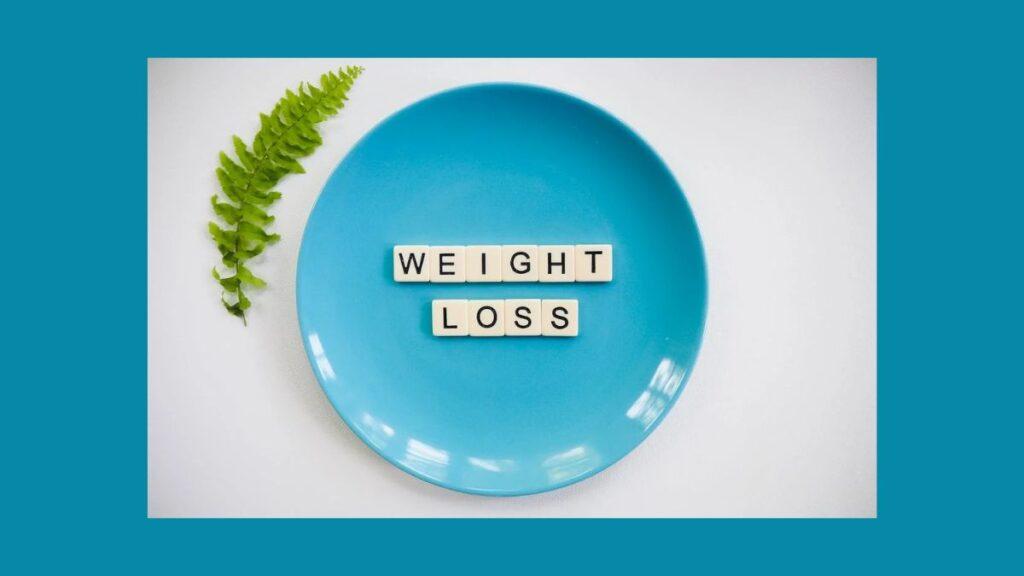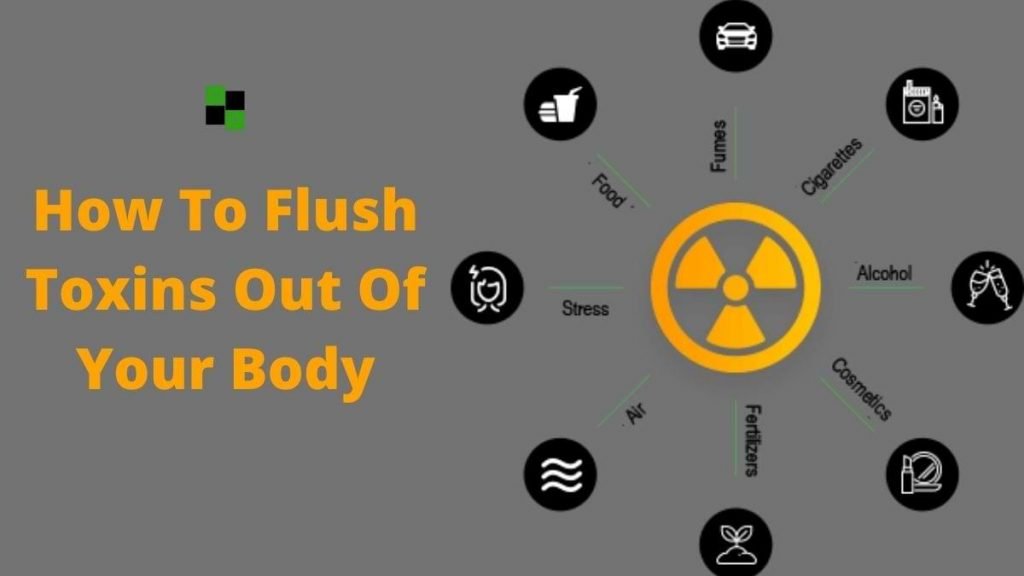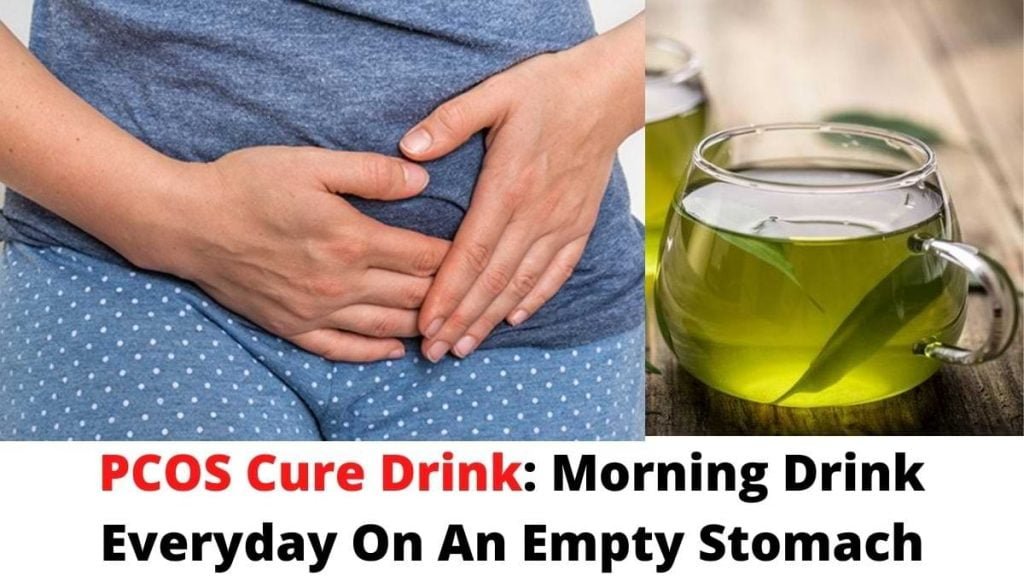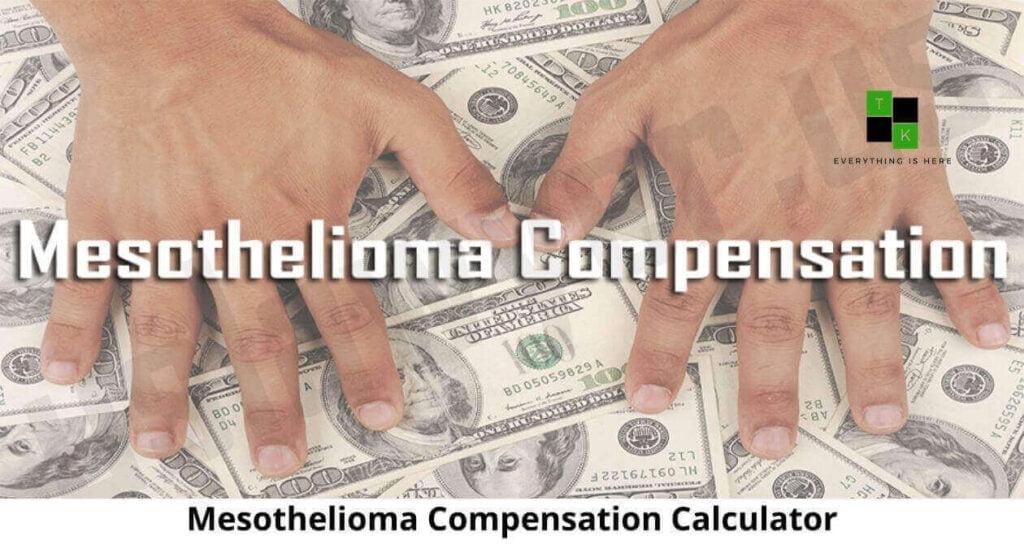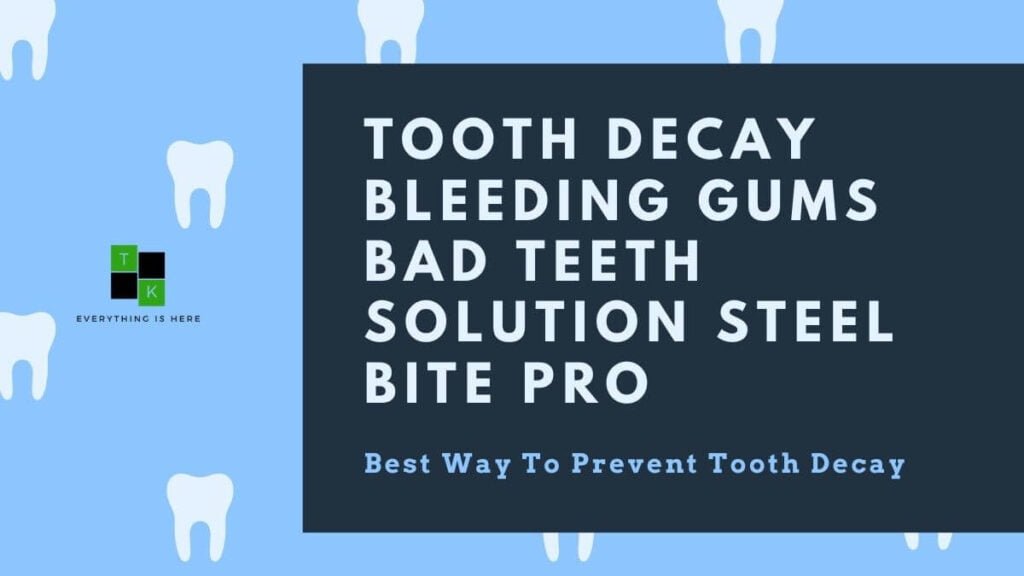Topic: Weight Loss Or Fat Loss Difference.
Some people used the term weight loss while others call it fat loss whilst many use the terms weight loss and fat loss interchangeably. Do they mean an equivalent thing? To several people, they are doing mean an equivalent thing. But the terms could also be entirely different in meaning. You would like to know the difference if you want to reduce or lose fat effectively and healthily.
When you step onto your bathroom scale every morning, what you’ll be reading from the size is weight loss and not fat loss. Bathroom scales are never accurate in determining fat loss.
Why? Because it measures your overall weight and not your body fat intrinsically. If you weigh yourself within the morning before breakfast after your movement, you’ll probably get your lowest reading of the day because your body is dehydrated through hours of nonfluid replenishment once you were sleeping and after emptying your bowels, more water and wastes are flushed away such a lot in order that you’re lighter.
After an evening of sleep and not eating anything, your carbohydrate store is running low, and thus you’re even lighter without the stored carbohydrate referred to as glycogen. What happened then? You only reduce, not lose fat! Your body fat remains there while a load of other substances like glycogen, wastes, water, etc is depleted.
Now go weigh yourself again after dinner once you are fully replenished through meals and consumption of water and it’s going to surprise you that you simply may probably weigh 2kg or more heavier which is a minimum of 4.4 pounds! you only gained weight and should even gain fat! Now you’ll see that it’s such a misnomer when people think weight loss and fat loss are equivalent things.
Why must you recognize the difference?
Because most folks, especially those that are on the fat side want to lose fat and not necessarily want to reduce. Getting the drift?
Now for the more important part. Mere weight loss may cause you to lose muscle and successively, cause you to gain body fat later. Yes, it’s ironic. that’s because the more muscle mass you’ve got, the more you burn fat efficiently because muscle is active tissue and it requires calories to function.
Body fat just sits there doing nothing and thus doesn’t burn calories on its own. therefore the less muscle mass you’ve got, the fewer calories your body will burn. The fewer calories your body burn, the more calories ended up being stored as body fat! Therefore it’s important to lose fat but not merely reduce which can include the loss of muscle tissues.
How is it that an individual may lose muscle on a weight loss program?
Well for starters, we commonly hear about people happening this diet. Most diets demand a severe restriction of food or calorie intake. Your body will then signal to your mind that you simply are in starvation mode and therefore the body is meant to store fat for the approaching famine and can spend your muscle for energy in your daily activities.
Some diets advocate a severe cut in carbohydrates. Carbohydrate is your body’s first source of energy. When your body is depleted of carbohydrates, it turns to your protein (muscles) and body fat indiscriminately for energy. Now to form matters worse, due to the restricted carbohydrate consumed, there’ll be fewer carbohydrate calories to be used as energy calories which again will signal the onset of starvation mode again.
The vicious circle of your body cannibalizing its own muscle is about in motion again. An equivalent applies to people on slimming pills or salon fat loss programs.
So some people say ok, Chris, I see your point, so I will be able to just do many cardio exercises to reduce. Another grave mistake. have you ever ever wondered why marathon runners, those that run many kilometers often and do cardio exercises almost a day are so skinny with no muscle tone? Because your body may be a wonderful machine. It’s designed to adapt.
once you run or skip or swim long enough, it’ll say, look, I better get lighter in order that I can take the strain better and improve the endurance. Guess what? Your muscles are heavier than fats and what is going to your body shed more when it wants to urge lighter? Muscle or fat? Your body will shed both but more muscles than fats.
Anyway, why would you like to reduce only to become a smaller you with an equivalent body shape with no muscle tone? Why would you like to get on a weight loss program that eats your muscles and lowers your fat-burning rate such a lot in order that once you are off the program, the fats come piling back on again?
Therefore, while you’re on a loose weight program, you want to even be on a build muscle program. Which will mean a mixture of correct dietary habits, cardio exercises, and weightlifting exercises to take care of muscle preservation and a fat loss result.
From now on tell people you’re on a fat loss program and not a weight loss program. That you simply are on an accurate eating habit rather than just simply dieting.
With the excellence clearly in mind, you’ll then skills to lose fat effectively, preserve and grow your muscles, and at an equivalent time losing weight on your bathroom scale. That might be a perfect thanks to achieving your weight-loss objective because you’ll lose body fat rather than muscle and mere body wastes.

